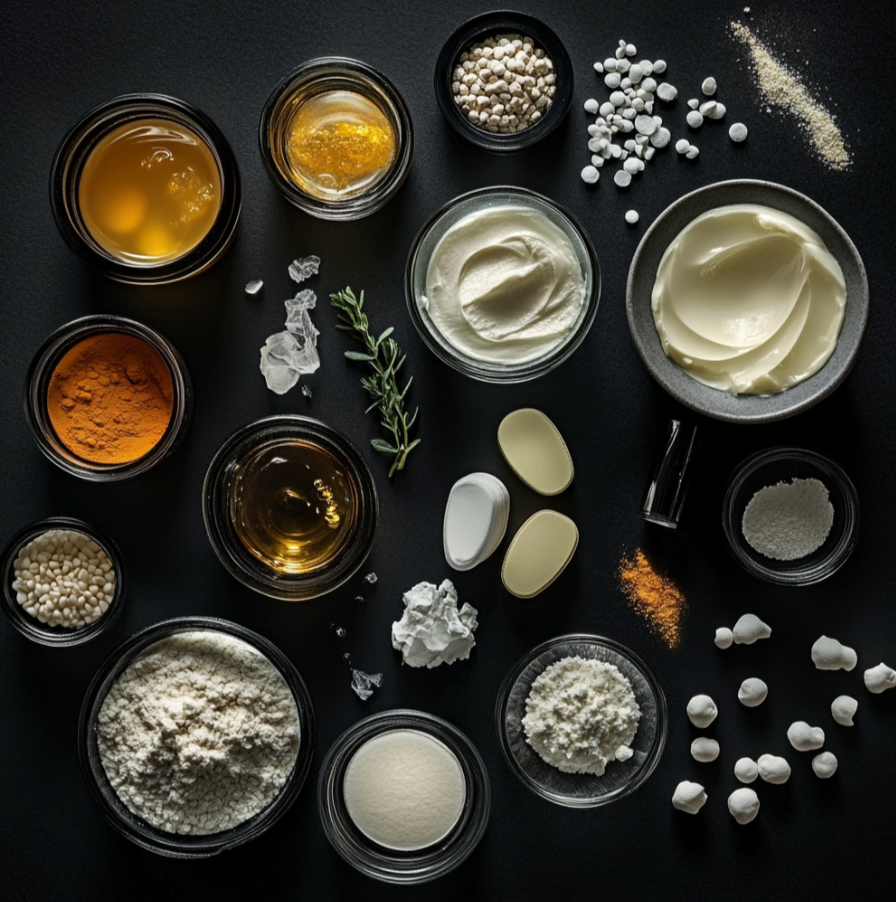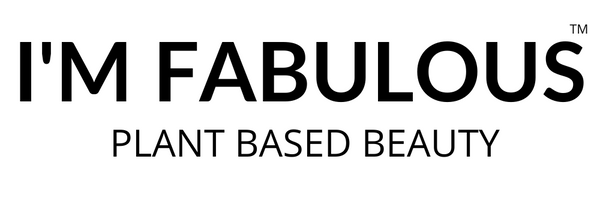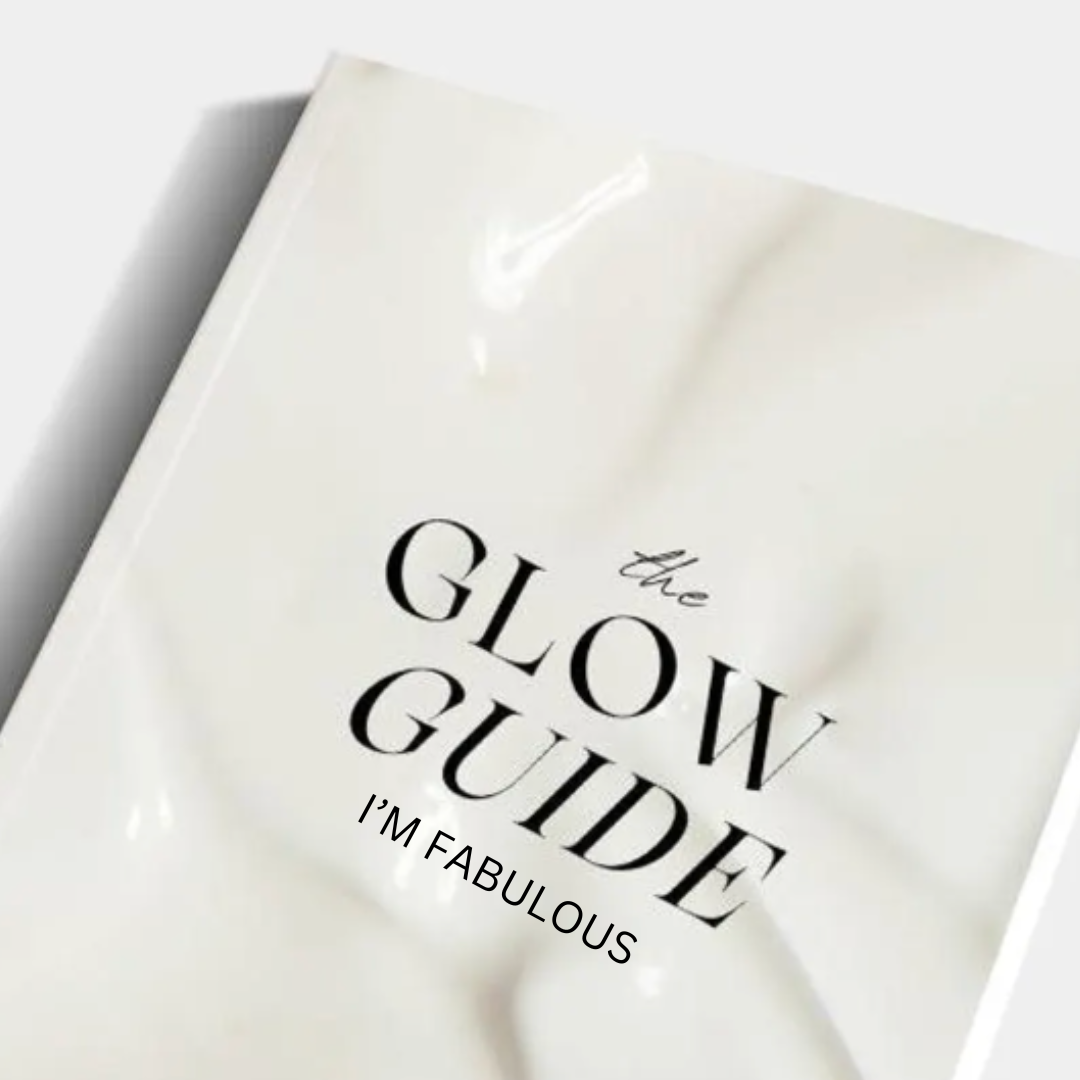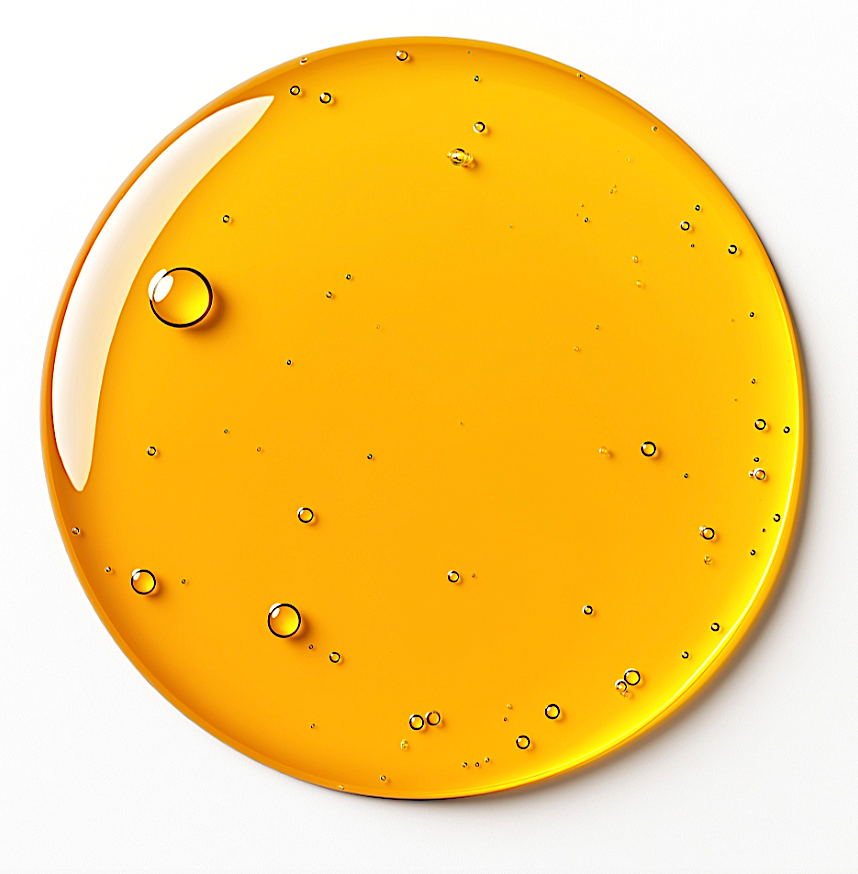
Skincare Glossary: All the Skincare Terms You Need to Know in 2025
Share
As a dermatologist in New York City, I often encounter patients who feel overwhelmed by the sheer number of skincare products and the jargon that accompanies them. From serums to exfoliants, retinoids to antioxidants, the language of skincare can be confusing, especially for those new to taking a more active role in their skin health. Understanding key skincare terms is crucial to making informed decisions about the products you use and ensuring your skin receives the care it needs.
In this comprehensive skincare glossary, I’ve compiled essential terms and ingredients you need to know in order to navigate the often complex world of skincare. Whether you’re dealing with acne, aging skin, or simply trying to achieve a healthier complexion, understanding these terms will empower you to make better choices when selecting skincare products.
Let’s dive into some of the most commonly used skincare terms and what they mean for your skin health.
1. Antioxidants
Antioxidants are key players in the battle against environmental damage. These molecules neutralize free radicals—unstable molecules that damage skin cells and accelerate the aging process. Some of the most well-known antioxidants in skincare include Vitamin C, Vitamin E, and Green Tea Extract.
Why It Matters:
As a dermatologist, I can’t stress enough how important antioxidants are, particularly in a city like New York, where pollution and sun exposure are constant factors. Antioxidants help to protect the skin from oxidative stress, reduce fine lines, and even out skin tone by minimizing pigmentation.
2. AHA (Alpha Hydroxy Acid)
AHAs are water-soluble acids typically derived from natural sources like fruits or milk. Glycolic Acid and Lactic Acid are the most common AHAs in skincare products. They primarily work as exfoliants, helping to remove dead skin cells and promote the renewal of fresh, glowing skin.
Why It Matters:
AHAs are great for individuals looking to improve skin texture and treat pigmentation issues. They’re particularly effective for treating dull, sun-damaged skin—common concerns here in NYC due to our exposure to pollutants and UV radiation. When used correctly, AHAs can leave your skin brighter and smoother.

3. BHA (Beta Hydroxy Acid)
Unlike AHAs, BHAs (such as Salicylic Acid) are oil-soluble and can penetrate deeper into the pores to exfoliate from the inside out. This makes them especially effective for those with oily or acne-prone skin.
Why It Matters:
Living in a busy, urban environment means your skin is exposed to more than just UV rays—pollution, stress, and fluctuating weather can also impact your skin’s health. Salicylic Acid is my go-to recommendation for acne-prone individuals because it helps keep pores clear and prevents breakouts without causing irritation.
4. Ceramides
Ceramides are natural lipids found in the skin that are crucial for maintaining the skin’s protective barrier. They help to lock in moisture and prevent the skin from becoming dry or irritated.
Why It Matters:
New Yorkers face harsh weather conditions—cold winters, hot summers, and indoor heating can all strip the skin of moisture. Ceramides are essential for keeping the skin hydrated and preventing dryness or sensitivity, especially during the winter months when the cold air can cause your skin to feel tight and uncomfortable.

5. Collagen
Collagen is a protein that gives the skin structure, elasticity, and firmness. As we age, collagen production naturally decreases, contributing to the development of fine lines, wrinkles, and sagging skin.
Why It Matters:
Collagen is central to youthful, firm skin. While topical collagen products cannot penetrate deeply enough to stimulate production, certain ingredients like Vitamin C and Retinol can help boost collagen synthesis. In my practice, I recommend collagen-boosting treatments for clients concerned with aging skin or looking to maintain a youthful appearance as they age.
6. Comedogenic
The term “comedogenic” refers to the ability of a product to clog pores, which can lead to breakouts. Non-comedogenic products are specially formulated to avoid this issue and are ideal for individuals with acne-prone skin.
Why It Matters:
If you’re prone to breakouts, it’s important to avoid comedogenic ingredients. Living in a city with high levels of air pollution and stress means your skin is under constant pressure, and you need to be mindful of the products you use. I always recommend checking for the "non-comedogenic" label to avoid aggravating acne or clogged pores.
7. Cosmeceuticals
Cosmeceuticals are skincare products that contain active ingredients with therapeutic benefits. These products bridge the gap between cosmetics and pharmaceuticals, providing skincare solutions that deliver more than just superficial benefits.
Why It Matters:
Cosmeceuticals are a great option for addressing more complex skin issues like hyperpigmentation, acne, and signs of aging. They offer advanced formulations that work at a deeper level to improve skin health. In my practice, I often recommend cosmeceuticals for patients seeking more targeted treatments.
8. Dermatologically Tested
Dermatologically tested means that a product has been evaluated by a dermatologist for its safety and efficacy on the skin. These products are typically formulated to minimize irritation and are less likely to cause allergic reactions.
Why It Matters:
With so many skincare products flooding the market, it’s essential to choose ones that are dermatologically tested, especially if you have sensitive or reactive skin. As a dermatologist, I always encourage my patients to opt for dermatologically tested products, as they’ve been proven to be safe for most skin types.
9. Exfoliation
Exfoliation refers to the process of removing dead skin cells from the surface of your skin. This can be done physically with scrubs or brushes, or chemically with AHAs, BHAs, or enzymes.
Why It Matters:
Exfoliation is key for maintaining a fresh, smooth complexion, especially in an urban setting where pollution and environmental stressors can leave the skin looking dull. However, over-exfoliating can irritate the skin, so it’s essential to find a balance. I usually recommend chemical exfoliants like AHAs and BHAs for a more even and controlled exfoliation.

10. Free Radicals
Free radicals are unstable molecules that cause damage to skin cells and accelerate the aging process. They are generated by environmental stressors like UV exposure, pollution, and cigarette smoke.
Why It Matters:
Free radicals are one of the main culprits behind premature skin aging. Using antioxidants like Vitamin C and Vitamin E in your skincare routine helps neutralize these harmful molecules, protecting your skin from oxidative stress. In a fast-paced city like New York, where pollution levels are high, protecting your skin from free radical damage is especially important.
11. Hyaluronic Acid
Hyaluronic Acid is a naturally occurring substance in the skin that is capable of holding up to 1,000 times its weight in water. It helps maintain skin hydration and plumpness.
Why It Matters:
Hyaluronic Acid is one of my favorite ingredients because of its ability to deeply hydrate the skin without making it greasy. In New York, where the climate fluctuates, keeping the skin well-hydrated is essential for maintaining a youthful and healthy appearance. I often recommend HA serums for all skin types, as they can be used in conjunction with other treatments to boost hydration.
12. Hyperpigmentation
Hyperpigmentation refers to areas of the skin that become darker due to excess melanin production. It can be caused by sun exposure, acne scars, or hormonal changes.
Why It Matters:
Hyperpigmentation is a common concern, especially for those with darker skin tones. It can be particularly problematic in a city like New York, where frequent sun exposure and environmental stressors are inevitable. Treatments like Vitamin C, Niacinamide, and Retinol are highly effective for brightening the skin and treating discoloration.
13. Niacinamide
Niacinamide, also known as Vitamin B3, is a powerful ingredient known for its ability to reduce inflammation, minimize pores, and improve skin tone and texture.
Why It Matters:
Niacinamide is an all-around powerhouse ingredient. Whether you’re concerned with redness, enlarged pores, or uneven skin tone, Niacinamide can help. I recommend it for both oily and dry skin types due to its balancing and soothing properties.
14. Peptides
Peptides are short chains of amino acids that help stimulate collagen production and improve skin elasticity. They are often included in anti-aging products to promote smoother, firmer skin.

Why It Matters:
Peptides are essential for maintaining skin’s firmness and elasticity. If you’re starting to notice fine lines or sagging skin, peptides are a great addition to your skincare routine. They work well in combination with other anti-aging ingredients like Vitamin C and Retinol.
15. Retinol
Retinol is a derivative of Vitamin A and is widely regarded as one of the most effective ingredients for treating signs of aging and acne. It accelerates cell turnover, helping to reveal fresher, smoother skin.
Why It Matters:
Retinol is a cornerstone of anti-aging skincare. It works to reduce fine lines, wrinkles, and uneven pigmentation, making it one of the most commonly recommended treatments for mature skin. However, it can cause irritation, so I always recommend introducing it gradually into your routine and using sunscreen daily.
16. SPF (Sun Protection Factor)
SPF is a measure of how well a sunscreen protects the skin from UVB rays, which are responsible for sunburns and skin cancer. SPF 30 or higher is typically recommended for daily use.
Why It Matters:
Living in New York, it's easy to forget about the importance of sunscreen on overcast or colder days, but UV rays are present year-round. Daily SPF use is the best way to protect your skin from sun damage, premature aging, and the risk of skin cancer. I always stress the importance of applying sunscreen every morning, even if you’re just indoors.
Conclusion: Navigating the Skincare Language in New York City
In a bustling city like New York, where pollution, stress, and ever-changing weather conditions take a toll on our skin, understanding the terminology behind skincare products is more important than ever. By familiarizing yourself with the ingredients and terms I’ve outlined here, you’ll be equipped to create a skincare routine that works for your unique skin needs.
Remember, skincare is a journey, and every skin type is different. If you’re unsure about which products to use, I always recommend consulting with a dermatologist to ensure your routine is tailored to your specific skin concerns. With the right knowledge and products, you can achieve healthier, more radiant skin, no matter where you live.



